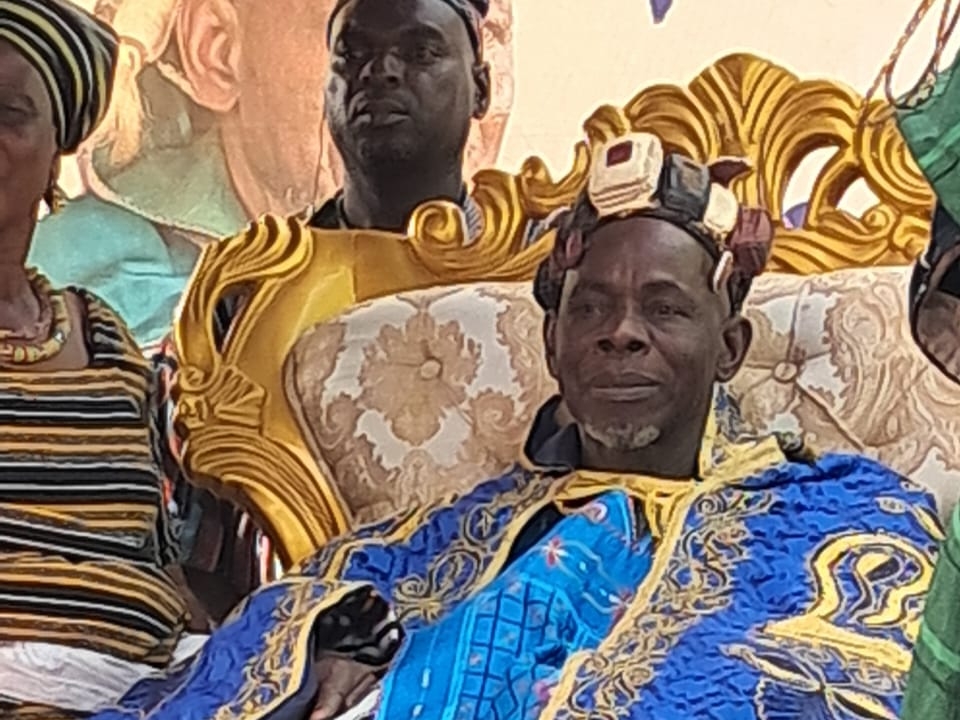EU countries set to approve first retaliation against US tariffs

The European Union is set to approve countermeasures against U.S. President Donald Trump's tariffs, joining China and Canada in retaliating against what could become a global trade war. This action coincides with Trump's implementation of tariffs on the EU and other countries, including significant duties on Chinese goods, escalating tensions in financial markets.
The EU faces import tariffs of 25% on steel, aluminum, and cars, along with new tariffs of 20% on various other goods under Trump's policy. In response, the European Commission has proposed additional duties, primarily of 25%, on U.S. imports, including motorcycles, poultry, fruit, wood, clothing, and dental floss, totaling approximately 21 billion euros ($23 billion) last year.
These measures are scheduled to be implemented in stages, with a committee of trade experts from the EU's 27 countries voting on the Commission's proposal. France and Italy had previously expressed concerns after Trump threatened to impose a 200% tariff on EU wine and spirits if the EU proceeded with its planned 50% duty on bourbon.
In related news, the European Union (EU) is also intervening to address the water crisis in Tamale and Damongo, Ghana. This intervention aims to alleviate the perennial water shortages faced by residents due to aging infrastructure and malfunctioning equipment at the Dalun and Damongo water treatment plants.
The EU's support will involve repairing broken pumps and obsolete equipment at the treatment plants, as well as expanding existing capacity to increase water supply to the affected areas. EU Ambassador to Ghana, Irchad Razaaly, visited the Dalun Treatment Plant to assess the situation and engaged with local stakeholders, including the Northern Regional Minister, Ali Adolf John, and the Chief of Dalun, Naa Mohammed Mustapha.
For years, Tamale and Damongo have struggled with acute water shortages, leading residents to rely on untreated water sources. The Tamale Water System, originally built in 1972 and expanded in 2008, is currently operating with only two of its five pumps functioning. The city requires 90,000 to 95,000 cubic meters of water per day, but the Ghana Water Company Limited can only produce 35,000 to 38,000 cubic meters.
Mr. Razaaly indicated that the intervention is estimated to cost about €300 million and is expected to significantly increase the water supply to residents. The EU is committed to partnering with Ghana to ensure access to clean water as a basic human right.
Naa Mustapha praised the EU for its support, noting that the project would greatly help in resolving the water crisis. The regional minister also emphasized that the persistent lack of water has become a security threat, necessitating urgent measures for a sustainable water supply.









